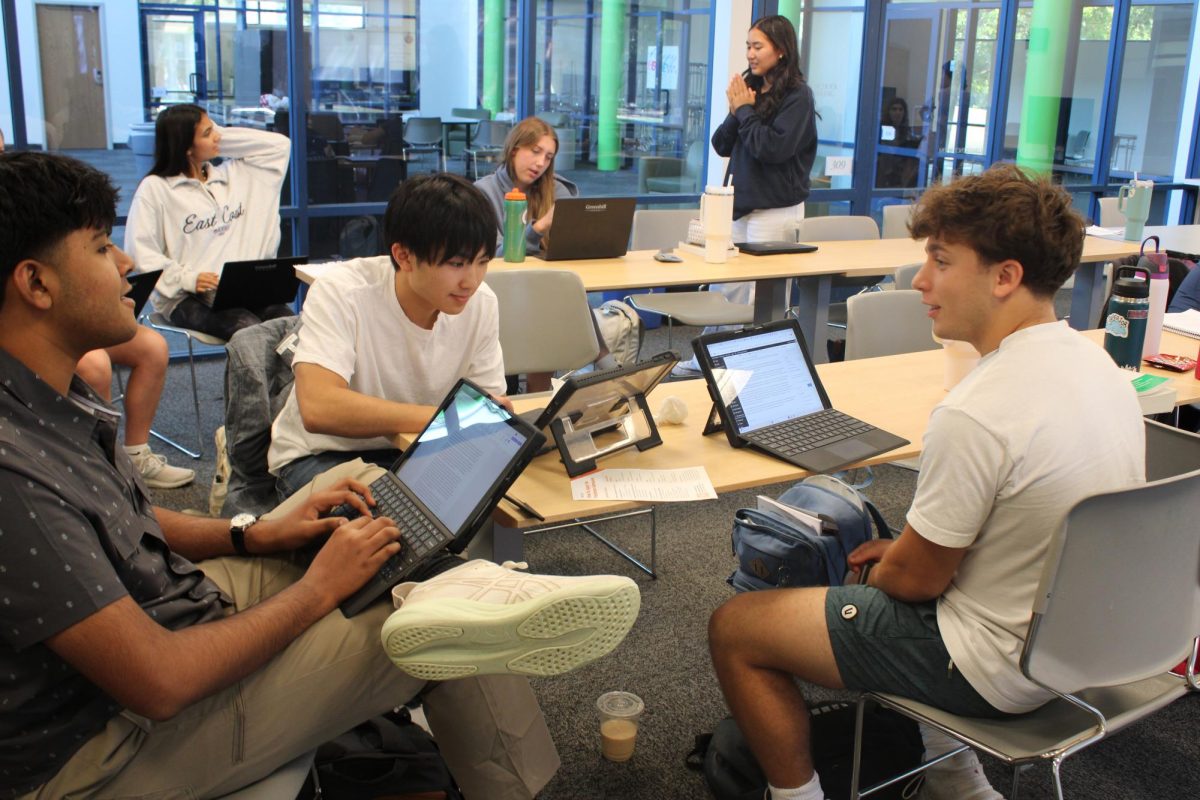During the 2024-2025 College Football season, Tennessee football made an appearance in the first expansion of the CFB Playoffs, led by young 20-year-old superstar quarterback Nico Iamaleava. The program was looking to build off their previous season’s success.
Now, Iamaleava and Tennessee have parted ways in the latest clash unleashed by the Name, Image and Likeness bonanza in college sports.
Iamaleava had been at the University of Tennessee for two seasons. He joined the team as an early enrollee in December 2022 and spent his first season as an ineligible red shirt studying under now Dallas Cowboys quarterback Joe Milton.
Iamaleava was a highly sought-after 5-star quarterback coming out of high school, ranked the No. 2 football player in the nation, according to 247 Sports. He lived up to the high expectations, throwing for 2,616 yards and 19 touchdowns with only 5 interceptions, resulting in a 70.5 total quarterback rating, (which was the 36th best in all of college football.
Tennessee ended the 2024-2025 season with a 10-3 record and lost in the first round of the playoffs to the eventual champions, the Ohio State Buckeyes.
Fast forward to Tennessee’s spring football practices and one important player was missing. Iamaleava was not present for the annual spring game and Tennessee Head Coach Josh Heupel addressed the situation in a press conference following the game.
“I want to thank him for everything he’s done since he’s gotten here, as a recruit and who he was as a player and how he competed inside the building,” Heupel said. “Obviously, we’re moving forward as a program without him. I said it to the guys today. There’s no one that’s bigger than the Power T. That includes me.”
This is a move that has happened in the past if a player grew angry about playing time or was having arguments with the coaching staff, but never over the amount of money on a student-athlete’s contract.
Iamaleava was set to be paid more than $2 million per year, according to reports when his NIL deal was signed in 2022. The day before the winter portal ended in January, Iamaleava’s representatives asked for his deal to increase to the $4 million range, but Tennessee refused to redo it.
The disagreement led to Iamaleava saying he would begin looking for a new one when the spring portal opened on April 16.
The importance of this breakup is that NIL contracts are not like professional contracts. They don’t tie players to the program like an athlete would be tied to their professional team. This allows players to use the possibility of leaving and going to another school as leverage to gain more money in these standoffs.
Heupel and the Tennessee staff won this match, as Iamaleava was cut loose from the program.
Iamaleava later decided to sign with UCLA for 1.5 million dollars, significantly less than what he was expected to earn at Tennessee.






